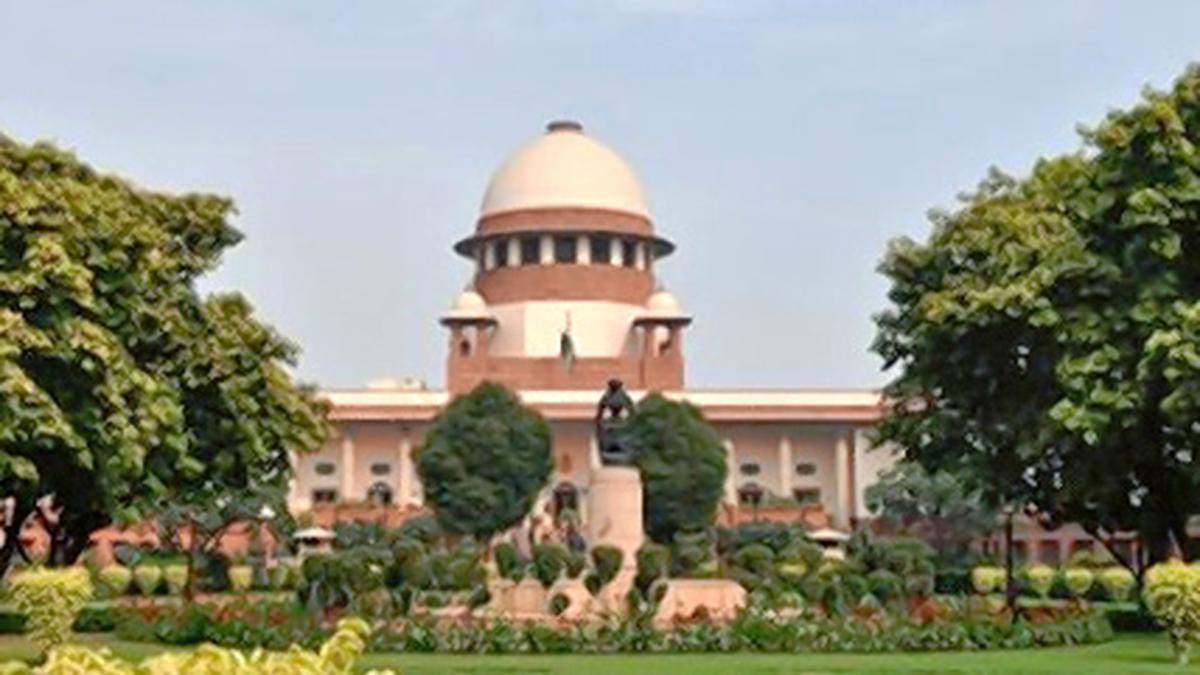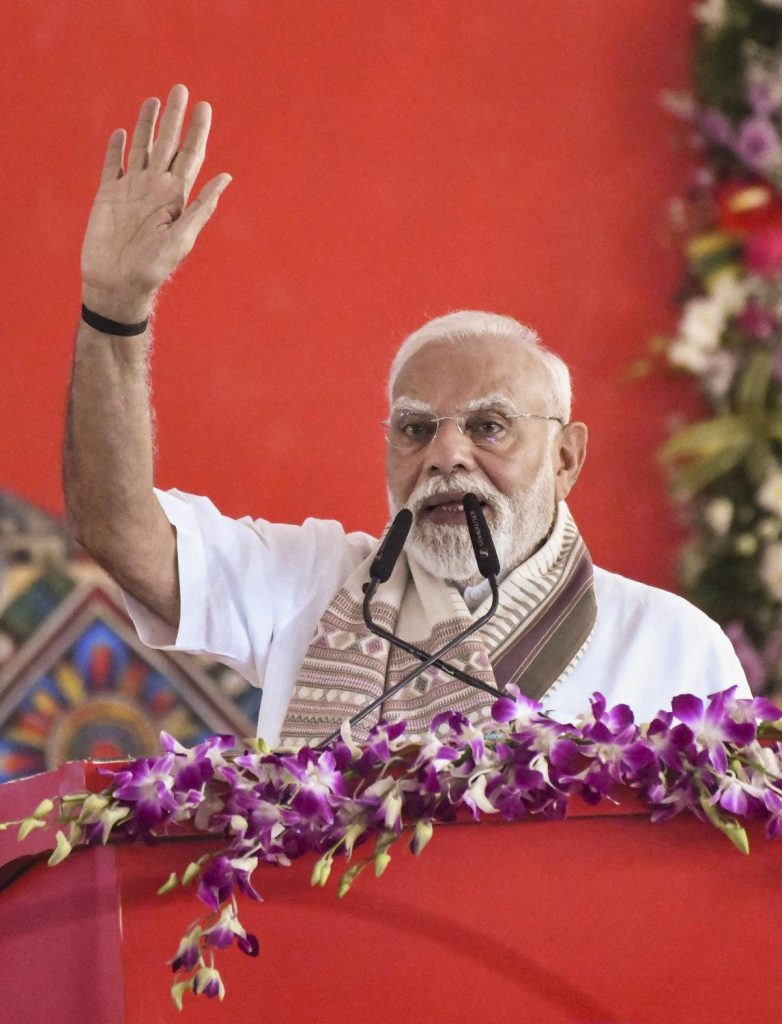Now Reading: Supreme Court Declines Urgent Hearing on Plea Against Mandatory Waqf Registration on UMEED Portal
-
01
Supreme Court Declines Urgent Hearing on Plea Against Mandatory Waqf Registration on UMEED Portal
Supreme Court Declines Urgent Hearing on Plea Against Mandatory Waqf Registration on UMEED Portal

Fast Summary
- Supreme Court Decision: The Supreme Court refused to urgently list an interim plea challenging mandatory registration of all waqf properties under the UMEED portal.
- UMEED Portal Details: Launched by the Center on June 6,2025,the portal mandates uploading registered waqf property details within six months. Geo-tagging and digital inventory are key features.
- Pending Judgment: Interim orders were previously reserved on issues involving denotification of waqf properties, composition of state waqf boards, and inquiries into government land claims on May 22 by a bench led by Chief Justice B.R.Gavai.
- Key Concerns Raised: A lawyer argued that mandatory registration requirements could exclude “waqfs-by-user” from being registered. The registry had reportedly disallowed filing new interim applications due to already reserved judgment.
- Court Remarks: Chief Justice B.R. Gavai suggested moving forward with property registration for compliance while indicating aspects may be addressed later.
Images:
- 
- 
- 
Indian Opinion Analysis
The refusal of the Supreme Court to urgently address challenges against mandatory registration under UMEED signals confidence in procedural safeguards while respecting judicial processes around reserved judgments. The government’s push towards digitally documenting and geo-tagging waqf properties reflects an effort toward transparency and administrative efficiency; however, concerns regarding inclusivity (e.g., “waqfs-by-user”) highlight potential gaps in implementation.
if unresolved promptly within the stipulated six months timeline set by the Centre, challenges like restrictive criteria for property registrations could lead to hurdles impacting communities reliant on these assets for socio-economic activities governed under Waqf laws.ensuring clarity around denotification processes and inquiries into land classifications will also hold significance as they potentially implicate sensitive matters like governance at state-level Waqf Boards and access control over these properties.
Read More Link: Source
























